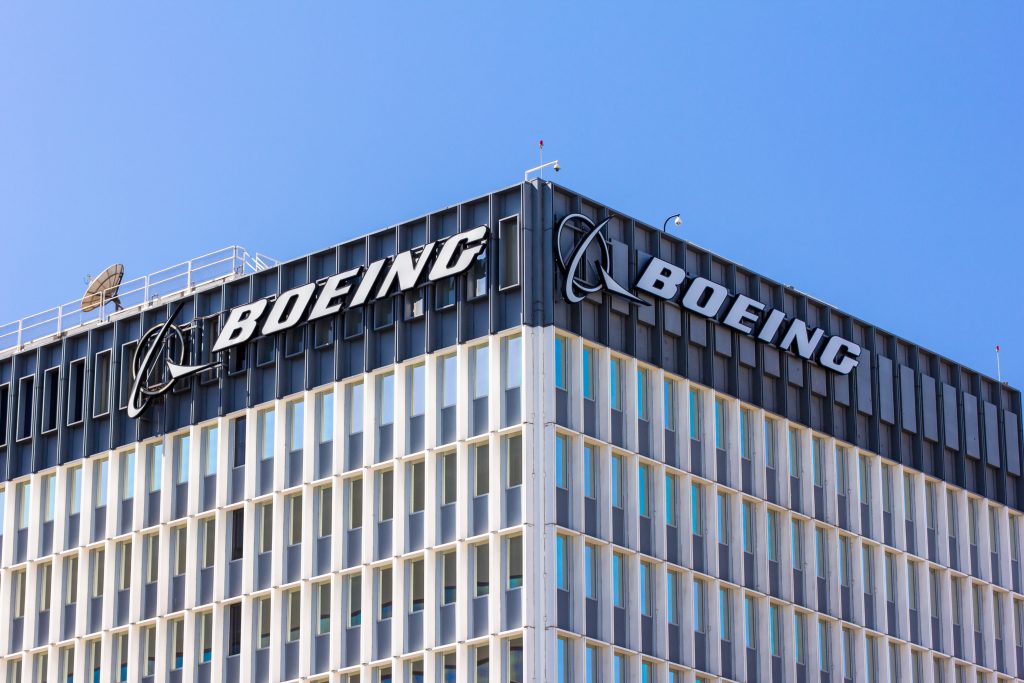
The crisis communications experts at Allison Worldwide comment on the Boeing CEO’s interview performance in response to the 737 MAX 9 safety inquiry.
In the wake of the Federal Aviation Administration’s grounding of some Boeing 737 Max 9 aircraft for safety checks after a cabin panel blowout forced an Alaska Air flight to conduct an emergency landing, Boeing CEO Dave Calhoun gave an exclusive interview to CNBC to address the beleaguered company’s response.
As the public face of a company, a CEO’s performance in media interviews is critical to controlling the media narrative and preserving an organization’s reputation, especially in times of crisis. The perceptions of all stakeholders – customers, employees, business partners, regulators, lawmakers and the public – depend heavily on confidence in the CEO’s representation of the company’s response. And, as often is the case in communications, it’s not so much about what is said but how it is said.
So, how did Dave Calhoun perform in this pivotal moment? The crisis communications and media training experts at Allison Worldwide weigh in:
Barbara Laidlaw, Partner, Global Reputation Risk & Public Affairs, New York:
- Calhoun conveys the appropriate sentiment with his empathetic tone and general likability, but he struggles to deliver a consistent, authoritative message that will ease the public’s concerns. This leaves the viewer with more questions about Boeing’s response than they had before they watched the segment. All-in-all, this interview is a prime example of the importance of media training, particularly specialized training in times of crisis, to ensure a spokesperson stays focused on delivering a clear and concise message.
Josh Kroon, Executive Vice President, Global Reputation Risk & Public Affairs, Washington, DC:
- Given Boeing’s recent history, Calhoun did remarkably well. In the end, it comes down to credibility. People have a hard time believing anything coming from Boeing today, so it perpetuates the public’s fears when you aren’t seen as confident and forthcoming. The Boeing team needs to take a long, hard look at how they communicate with the public and their stakeholders. The only consistency as of late has been doubt.
Colin Snell, Account Director, Global Reputation Risk & Public Affairs, New York:
- Average performance overall. Calhoun starts strong by demonstrating sincerity, but wavers when pressed with the hard-hitting, technical questions, making him look unsure and unconfident. He regains momentum toward the end and wins points for maintaining an empathetic tone, but he fails to adequately demonstrate Boeing remains in control of the situation.
With Boeing already facing scrutiny over the 737 MAX, the response to the Alaska Air incident will place the company under even more intense stakeholder pressure. To weather the reputational storm and restore public trust, the aerospace and defense behemoth must implement a strategic response plan built upon clear and consistent stakeholder messaging with Calhoun and the company’s experts serving as the lead message carriers. If you’d like to learn more about how our global reputation risk and public affairs team can support your organization with crisis response strategies and media training, contact Barbara Laidlaw at [email protected]